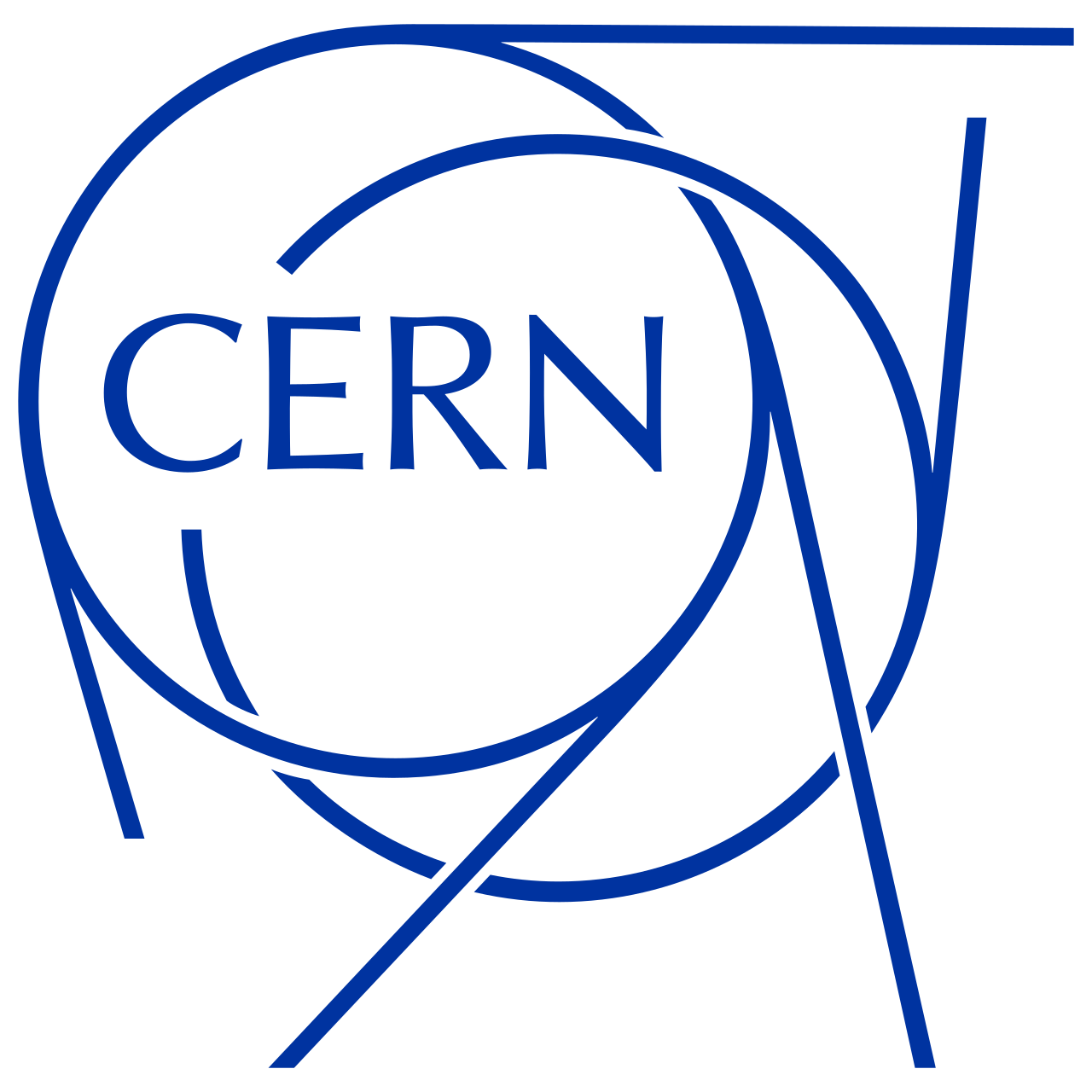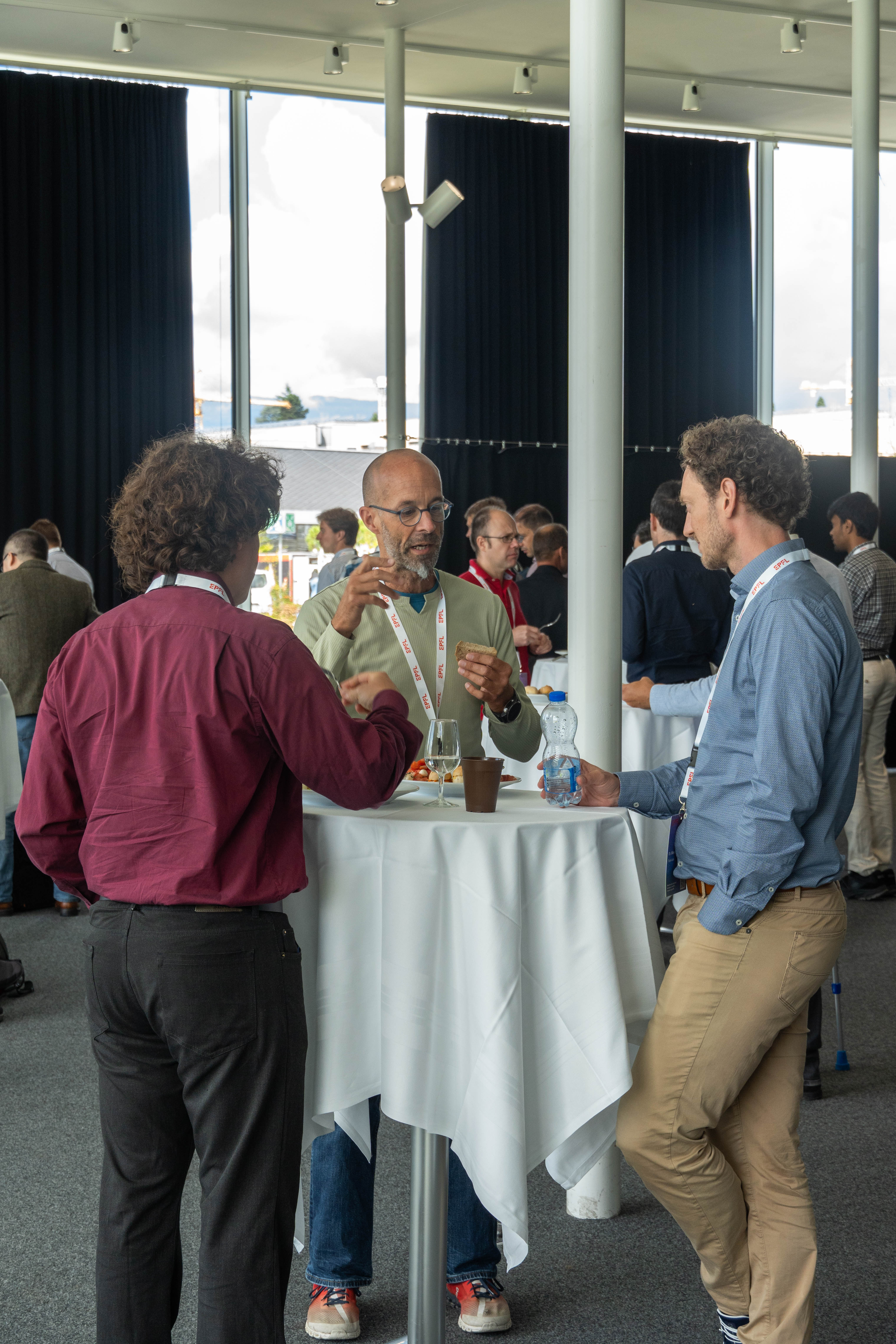About IMC 2026
The Intelligent Maintenance Conference (IMC) is an international event dedicated to advanced diagnostic methods, intelligent monitoring, and data-driven maintenance of industrial systems. The conference brings together experts from academia and industry to exchange ideas, share practical experience, and discuss emerging challenges in predictive maintenance and asset management.
IMC 2026 will continue this tradition by featuring contributions from leading researchers and practitioners across sectors including railway infrastructure, energy systems, manufacturing, transportation, and process industries. The program will highlight recent advances in artificial intelligence, machine learning, and digital technologies for maintenance and reliability engineering.
Building on the success of previous editions, IMC 2026 aims to foster in-depth technical discussions and strengthen collaboration between academic research and industrial practice.
Further details on the program, workshops, and speakers will be announced soon.
Confirmed Speakers
Continuum Robots for Inspection and Repair in Industrial Environments

Industrial systems across land, air, and sea rely on safety-critical assemblies, such as engines, fuel tanks, and pipelines, that require periodic inspection to detect issues before they necessitate costly, unscheduled repairs or service removals. However, performing in-situ maintenance is exceptionally challenging because these components are often crammed into confined, high-complexity environments with limited access. A continuum robot is an ultra-flexible robotic structure that uses internal actuation (like cables or concentric tubes) to achieve continuous, snake-like bending, allowing it to navigate complex, cramped spaces that traditional rigid-joint robots cannot reach. Recently, several academic breakthroughs have successfully transitioned into commercial products. This presentation explores the latest advancements in snake/continuum robotics for an entirely new application: the "healthcare" of industrial systems. I will provide a brief overview of the evolution of continuum robots, followed by the specific research challenges and solutions involved in deploying these systems across the aerospace and nuclear sectors.
Beyond the Pilot: Architecting Continental-Scale Predictive Maintenance

As a cornerstone of the Plants of Tomorrow initiative, Holcim is transitioning from
localized AI pilots to a continental-scale predictive maintenance ecosystem. While a
Proof-of-Concept (PoC) proves an algorithm, scaling to 1,000+ critical assets—including
high-torque gearboxes, vertical roller mills (VRMs), and kilns—requires solving the
"Industrial AI Paradox": maintaining high precision while managing massive environmental
and operational variance across 100+ global sites. This technical presentation breaks
down the architecture and deployment of C3 AI Reliability on a global scale. We move
beyond theoretical data science to explore the systems engineering required to achieve
operational resilience:
Hybrid Edge-to-Cloud Topology: A deep dive into deploying AI on
resource-constrained, semi-air-gapped edge devices. We discuss the optimization of
Kubernetes clusters at the plant level to ensure real-time inferencing and high
availability, even during network latency or outages.
Heterogeneous Asset Modeling: Strategies for managing "Model Drift"
across diverse
manufacturing environments. We analyze how we leverage "Golden Models" while
incorporating unit-specific baselines to account for varying loads, speeds, and
ambient clinker temperatures.
Automated Feature Engineering & Signal Processing: How the pipeline
automates the
transformation of raw high-frequency vibration and thermal telemetry into actionable
"Probability of Failure" (PoF) metrics across thousands of concurrent streams.
Closing the Loop with Ground Truth: The technical integration between
AI alerts and
the Technical Information System (TIS), ensuring that maintenance feedback from the
floor directly refines the supervised learning sets for improved precision.
Attendees will leave with a technical blueprint of how Holcim is moving toward a
self-healing plant, shifting maintenance from a reactive cost center to a competitive,
data-driven weapon in the global building solutions market.
From Sensor Data to Insights: Monitoring and Diagnostics of a Diverse Turbomachinery Fleet

Agentic Root Cause Analysis

Why Does Maintenance Need to Be Intelligent? Historical Perspective and Future Outlook.

Physics-Informed Multi-Modal 3D Reconstruction for Building Models and Energy Analysis

Designing and Exploiting Compliant Robots to Access Extreme Environments

Optimizing Maintenance for a 91km Subatomic Factory

Previous Conferences Experience
IMC Hands-on Workshop
August 31, 2026
The workshop program is currently being finalized. Detailed information will be shared soon.
Registration opens soon
Our Team

Prof. Olga Fink

Christine Gabriel

Dr. Ismail Nejjar

Raffael Theiler

Vinay Sharma

Sergei Garmaev

Han Sun

Keivan Faghih Niresi

Zepeng Zhang

Leandro Von Krannichfeldt

Chenghao Xu

Amaury Wei

Kevin Steiner
Contact Us
Have questions about the conference? Get in touch with our team!
Address
EPFL, Station 18
CH-1015 Lausanne
Switzerland



